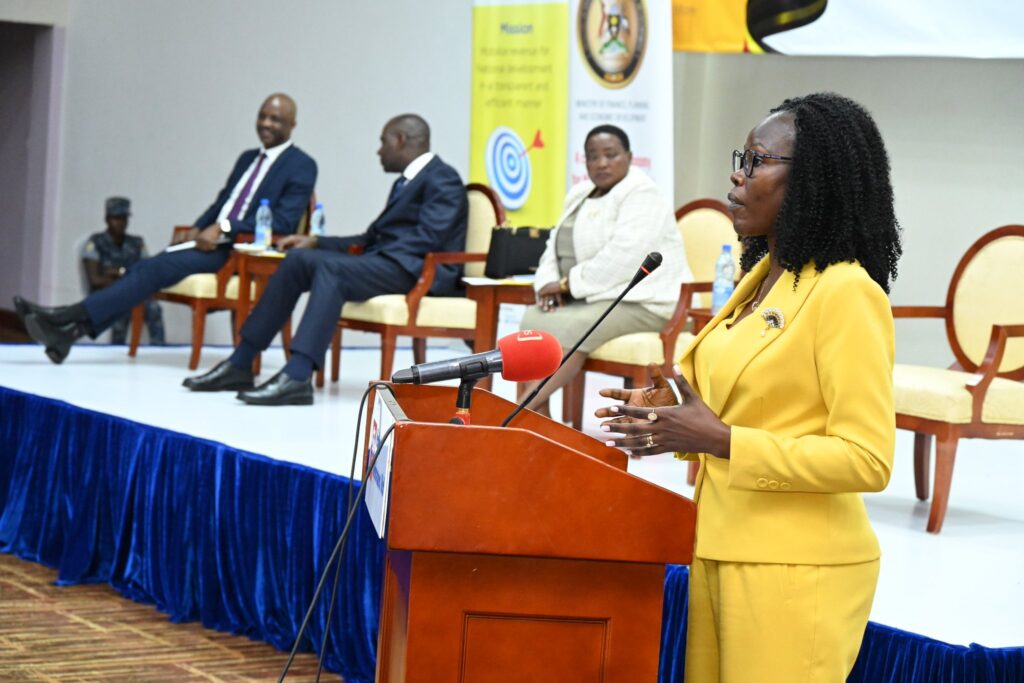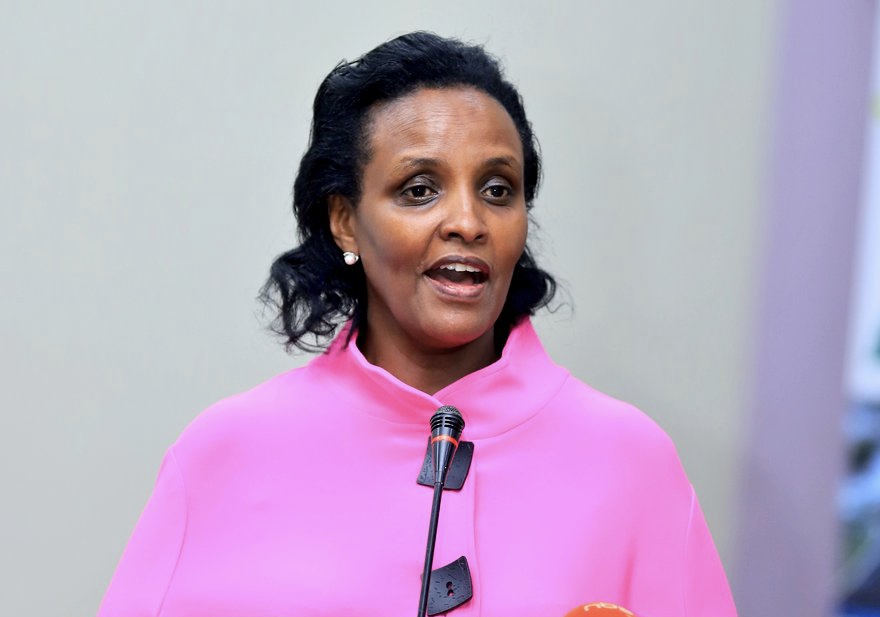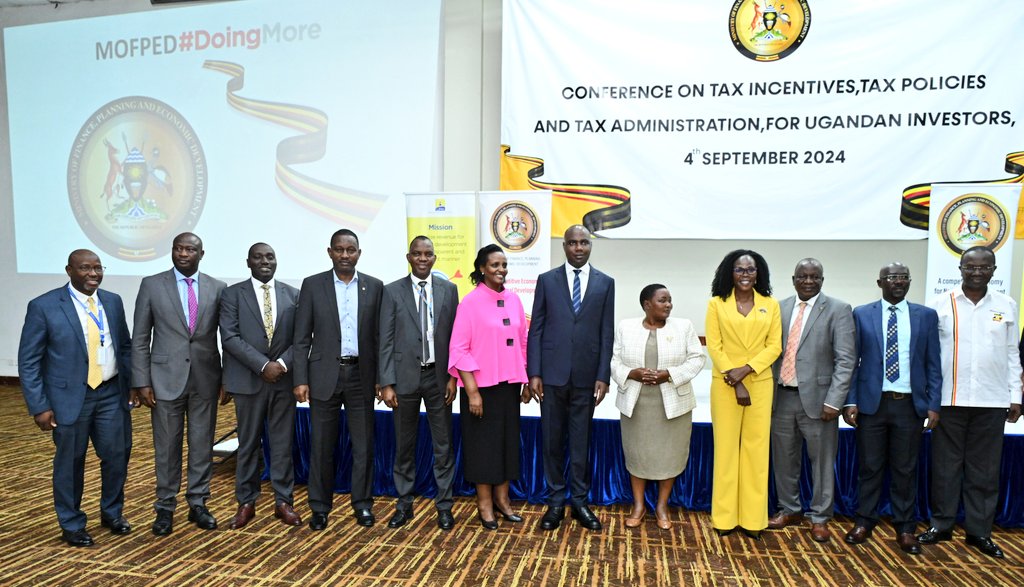The Permanent Secretary and Secretary to the Treasury, Ramathan Ggoobi, has announced that the Ugandan government is working to simplify tax laws and rationalize tax exemptions. This initiative aims to ensure that tax incentives are effectively designed to stimulate business growth and promote economic development.
Ggoobi emphasized that the government recognizes the challenges posed by a complex and burdensome tax system, which can discourage investment and hinder economic growth. He stated, “We are working to simplify tax laws and rationalize tax exemptions to ensure that tax incentives are well-designed to stimulate business growth and enhance taxpayer education.”
According to the Tax Expenditure Report for FY2022/23, Uganda has lost over UGX 12 trillion in potential tax revenue over the past five years due to various exemptions.
Ggoobi highlighted the government’s goal of creating a tax environment conducive to business growth while ensuring that the government has the necessary resources to fund essential public services. “As we look to the future, we will focus on creating a tax environment that supports economic growth, encourages investment, and ensures sustainable business growth. We welcome honest feedback to inform tax policy,” he added.
He made the remarks at a conference on tax incentives, tax policies, and tax administration for Ugandan investors held at Hotel Africana in Kampala.

Ggoobi reiterated the government’s commitment to addressing the remaining challenges facing investors and businesses, including easing compliance with tax regulations. He explained that tax policies are not solely about revenue collection but also about fairness, equity, and simplicity. “We have introduced several measures aimed at ensuring that all sectors of the economy contribute fairly to national development,” he said.
Ggoobi outlined reforms in income tax, value-added tax (VAT), and excise duties, which are designed to enhance revenue collection while minimizing the burden on taxpayers. To drive the socio-economic transformation of the economy, the government has provided incentives to various sectors and individuals.
He noted that the government has established favorable thresholds for accessing these incentives. Ggoobi proudly pointed out that these incentives have contributed to a resilient economy, as evidenced by a 6% real economic growth rate in FY 2023/24, up from an average of 3.2% during the COVID-19 period and 4.7% over the past decade.
“Specifically, tax incentives in the agriculture and industry sectors over the past decade have led to significant growth in the industry sector, which averaged 5.5% during this period, with a peak growth of 9.0% in FY 2018/19 before the pandemic,” he said.
He added that during this period, the industry’s share of total GDP has also risen to an average of 26.3% over the past decade, primarily driven by manufacturing. Agriculture has also played a crucial role in GDP recovery and growth. The sector grew by 5.1% in FY 2023/24 and has averaged 4.1% growth over the past decade, contributing 23.6% to total GDP.
In addition to policy reforms, Ggoobi revealed that the government recognizes the need for tax administration to evolve with the changing economic environment. This includes leveraging technology to streamline tax processes, reduce the cost of compliance, and enhance transparency in tax collection.
Prime Minister Robinah Nabanjja, who officiated at the conference, stated that tax incentives are aimed at stimulating economic activities in key sectors such as agriculture, manufacturing, and technology. She added that these incentives also play a pivotal role in attracting investments to these sectors and creating jobs.
Nabanjja emphasized that while tax incentives are essential, they must be effectively targeted, transparent, and provide value for money. “We must also be mindful of the need to safeguard our revenue base, as over-reliance on tax incentives can lead to revenue losses and adversely impact the government’s ability to finance critical public services,” she said.
She further stated that the NRM government remains committed to creating a tax environment conducive to business, supportive of all taxpayers, and promoting sustainable economic growth and development.

The Minister of State for Investment and Privatization, Evelyn Anite, stressed the importance of collaboration between the government and the private sector in growing the economy from USD 50 billion to USD 500 billion. “We cannot discuss policies without involving the private sector, so we have brought together the private sector to discuss and listen to them,” she said.
Anite also underscored the significance of dialogue in guiding tax policy on incentives and exemptions, urging private sector players at the conference to take advantage of affordable financing options from UDB, the Bank of Uganda, and others.

The Chairperson of the Uganda Hotel Owners Association, Susan Muhwezi, called on the government to increase the tourism sector’s budget and review the tax regime by consolidating taxes paid by lodges and hotels to attract investors and improve competitiveness.












